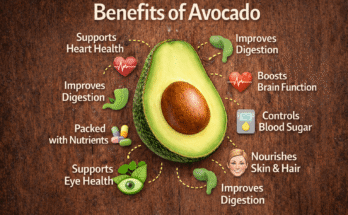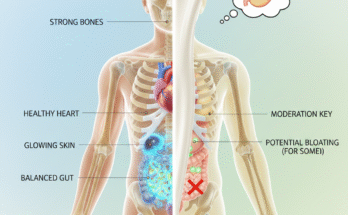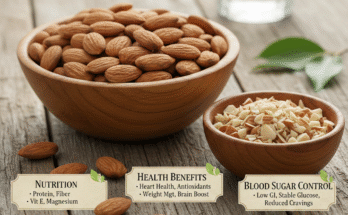Many people ask me how to get their teeth whiter. Over time teeth become stained due to a variety of reasons — coffee, tea, red wine, and tobacco are the most prominent villains. They contain chromogens, intensely pigmented molecules that can attach to your tooth enamel and cause surface stains, also called extrinsic stains. Surface stains can be removed with whitening toothpaste that has mild silica abrasives or cleansers to scrub the enamel exterior of the tooth gently. But under that hard enamel is a softer, more porous area called dentin that can stow tougher, deeper intrinsic stains.
Dentin also gets darker as we age. These deeper stains need peroxide bleaching agents to remove them. Common tooth bleaches are hydrogen peroxide and carbamide peroxide. Carbamide peroxide becomes hydrogen peroxide when applied to the teeth and then behaves the same way. Here’s how it works: hydrogen peroxide acts as a robust oxidizing bleaching agent that hits and breaks up those chromogens into smaller, less colored, more diffuse molecules. It’s that simple. This is the quickest way to whiten a deep intrinsic stain. Teeth can be bleached both in a dentist’s office and at home using safe concentrations of hydrogen or carbamide peroxide.
The bleaching agent used by your dentist’s office is at a higher concentration and use for a shorter time than products for home use, but both are safe and effective for whitening teeth. Your dentist will form fit a tray for you to apply the solution. Over-the-counter bleaches come with preformed trays that are not custom fit. Another method is whitening strips — same idea using hydrogen peroxide but without trays. Some people who use teeth whitening products experience tooth sensitivity that’s caused by the peroxide getting through the dentin to the nerve. In most cases, the sensitivity is just temporary, and you can delay treatment, then try again.
However, overuse can damage the tooth enamel or irritate the gum, so be sure to follow the directions. Teeth whitening works for most adults at any age, but it will not work on caps, veneers, crowns, or white fillings. Tooth darkening may also be caused by dental disease, some antibiotics, or injury to a tooth. In these cases, tooth whiteners will not work well or at all, so you should talk to your dentist before you start whitening.


